Top 8 Slovenia Culture, Customs and Etiquette
Should you remove your shoes when visiting friends? Should you greet those on elevators with a smile? When thinking about the dos and don'ts in your own ... read more...nation, these questions might not seem like the most obvious ones, but things that you might not even consider at home can have a major impact abroad. Here is a list of Slovenia's Culture, Customs and Etiquette.
-
The South Slavic language family includes the Indo-European language known as Slovenian or Slovene. The official and national language of Slovenia is Slovene, which is spoken by a large majority of the population. It is also known, in English, as Slovenian. Naturally, there are about 2 million speakers globally, with the majority residing in Slovenia. The dual grammatical number from Proto-Indo-European has only been maintained in a small number of languages, including Slovene. Additionally, Slovene and Slovak are the two contemporary Slavic languages whose names really translate to "Slavic."
One of the official languages of the EU is Slovene. Despite the country's tiny size, approximately 32 distinct dialects are spoken there. These dialects can be divided into seven major dialect groupings. The country's hilly terrain, which has resulted in isolated language development, and the influences of neighboring nations are both to blame for the language diversity.
Two minority languages, namely Hungarian and Italian, are recognized as co-official languages and accordingly protected in their residential municipalities. Other significant languages are Croatian and its variants and Serbian, spoken by most immigrants from other countries of former Yugoslavia and their descendants. Slovenia is ranked among the top European countries regarding the knowledge of foreign languages. The most often taught foreign languages are English and German, followed by Italian, French, and Spanish.
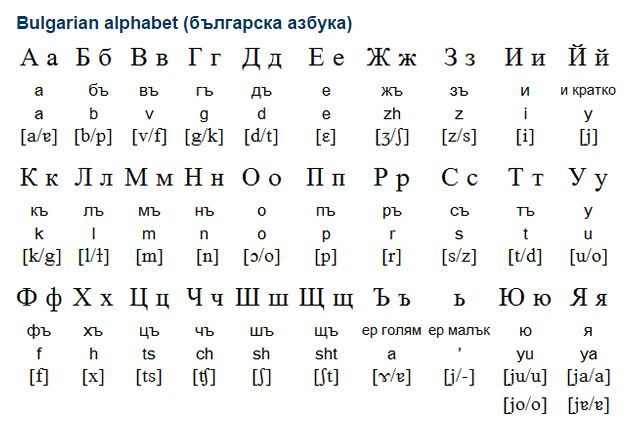
https://www.pinterest.es/ 
https://www.rtvslo.si/ -
Initial greetings are polite and restrained. The most typical initial greeting when meeting someone is a handshake and a warm grin. During the welcoming phase, it is traditional to keep looking each other in the eyes. Close friends and family members may give each other a quick hug and two cheek kisses.
Only close friends and family use first names. The honorific titles "Gospa" (Madam), "Gospodièna" (Miss), or "Gospod" are used to address others (Sir). The use of a person's first name without their permission is impolite and obtrusive. On a person's birthday, it's customary to greet them with three kisses, one on each cheek.Due to their natural reserve, Slovenians may not at first seem pleasant to others from more informal cultures. Once a relationship is established, this reserve quickly vanishes. For a business meeting, at the beginning and conclusion of meetings, shake hands. Shaking hands with women first is customary. Handshakes ought to be strong and assured.
During the welcome, maintain eye contact. Titles indicating professional or academic achievement are frequently combined alongside surnames. Use the honorific titles "Gospa" (Madam) or "Gospod" (Sir) with the surname if a person does not have a professional or academic title. There is a growing trend toward using first names as soon as possible. Waiting until your Slovenian coworker suggests using his or her first name is a good idea, though. After introductions, business cards are traded without a formal ceremony. The Slovenian translation on one side of your card is a wonderful touch.
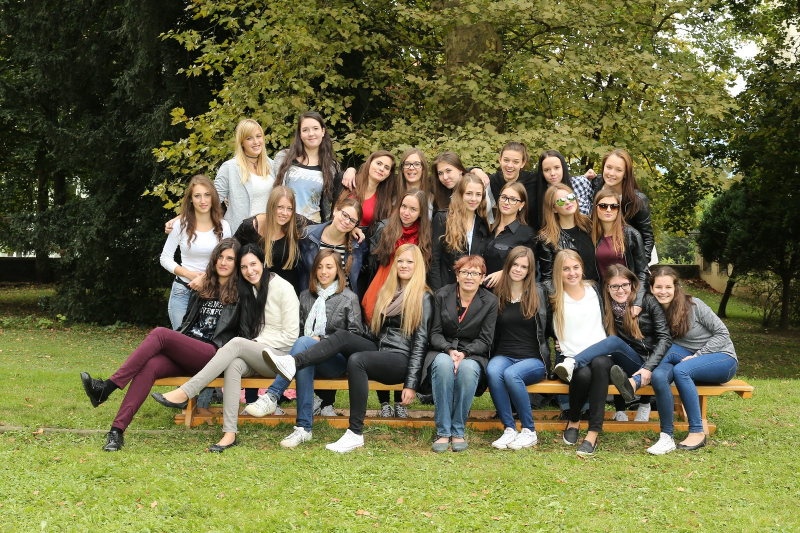
https://www.theapricity.com 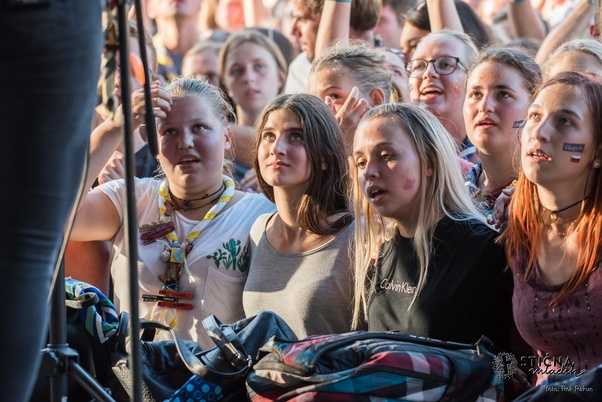
https://www.quora.com/ -
Meetings usually begin after a brief interlude of small talk. Taking your time is important because this is all a part of developing relationships. Slovenes prefer to do business with people they know and trust, despite not being a relationship-driven culture in the traditional sense.
This period of social interaction may be slightly prolonged when you initially meet with a company so that your Slovene colleagues can get to know you better and form opinions about your character. You should initially anticipate your Slovene colleagues to be quite formal and reticent. A calm atmosphere and a sense of connection between people may not emerge until several meetings.
Slovene business practices combine German efficiency with Italian zest for life, but the latter quality isn't usually immediately apparent. Slovenes take some time to open up, but they eventually do, especially after a few glasses of wine. Many business choices are still made at the top levels of the organization, which is often the basis of business decision-making processes. Final judgments frequently result in detailed action plans that are expressly carried out.
Slovenes' egalitarianism is evident when working in groups or teams. The organization is comparatively flat. All team members are thought to have something to offer, even though the team leader is the expert. Disagreements arise because people interpret the same information differently in a culture that values tolerance. Actual decisions could be more influenced by subjective opinions than by hard data.

http://cordmagazine.com 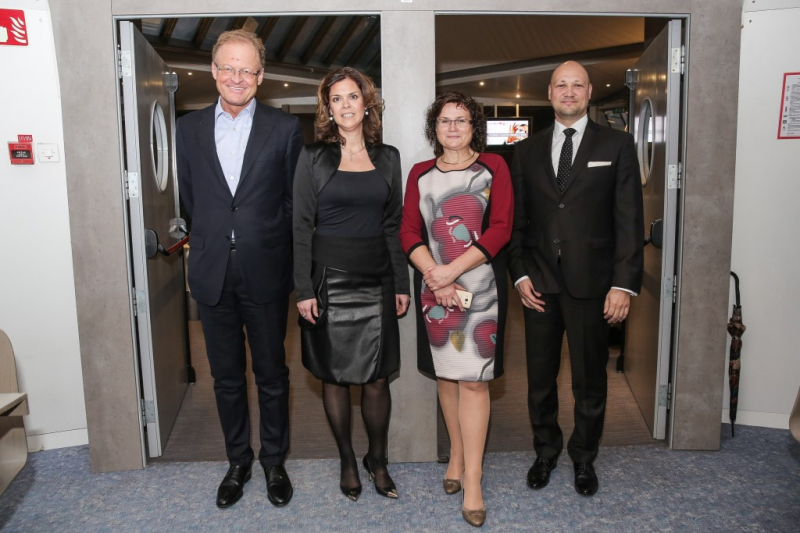
http://efnet.si/ -
Slovenians are egalitarian, but intriguingly, they tend to communicate indirectly by default. Their polycentricity, on the other hand, also indicates that they are open to changing their communication approach depending on the person they are speaking with. They prefer to have indirect conversations with persons they don't know well. This can be shown by refraining from responding negatively and instead providing hazy, indirect, or uncommitted explanations.
When possible, they tend to favor amicable commercial interactions. This means that even when responding directly, they will typically take extra care to avoid offending anyone. Personal opinions of the other person are frequently the basis for business decisions. Therefore, investing time in developing relationships is a good idea. Slovenians value humility and modesty in their business partners. They disapprove of those who exaggerate their successes and accomplishments.
Slovenians are naturally low-key and don't yell during conversations. They respect people and are also kind and polite. They wait for their chance to speak before interrupting someone else, choosing to do so instead. They are extremely accepting of other people's viewpoints and consider complaining or criticizing others in public to be disrespectful behavior. Despite having a decent sense of humor, Slovenians can struggle to grasp self-deprecating humor. When making fun of others, be caution because it could be taken as a demeaning gesture.
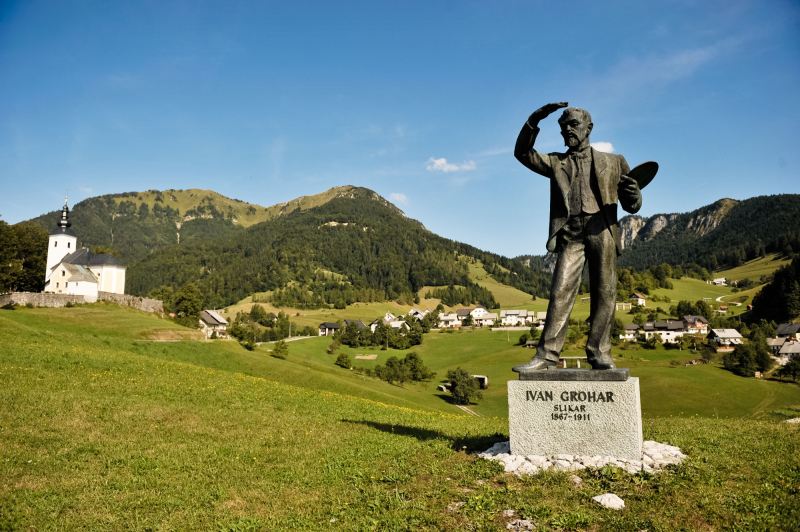
https://www.inyourpocket.com 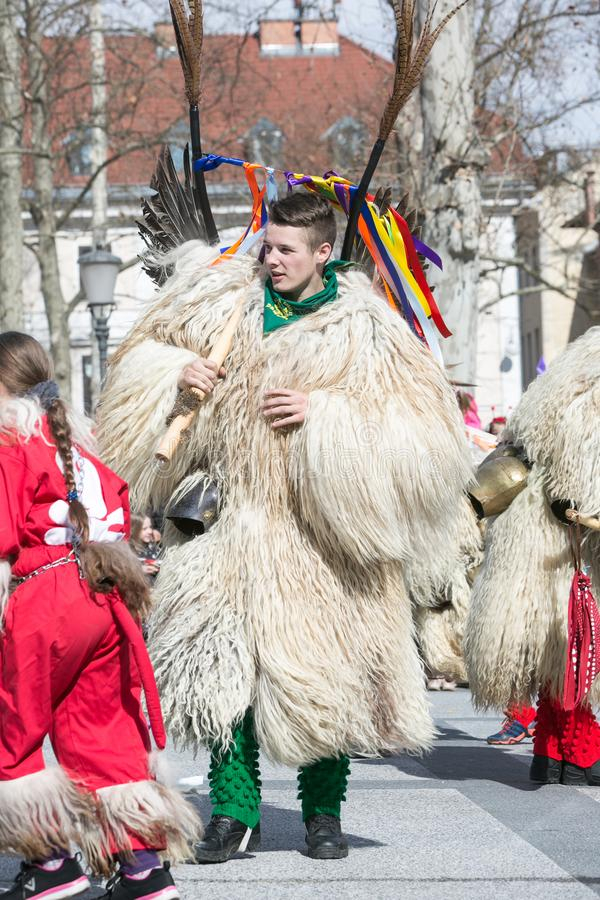
https://www.dreamstime.com -
If you want to know what Slovenians often eat, try a normal Sunday meal when you visit, have a stew during the week, and don't forget about the variety of street food alternatives with both regional and international flavors. Every morsel of food you consume will taste like it was grown in the location you are visiting. Slovenians make an effort to eat locally farmed food that has been developed in perfect harmony with the environment.
You should do some things as you are invited to a Slovenian's house to enjoy a meal there, including respecting your hosts by arriving on time or no later than five minutes before the appointed time, dressing formally and in items that you would need for the office.
At the door, taking off your shoes is customary. Most hosts provide guests with slippers to wear. Slovenians frequently keep their personal and professional life apart. As a result, it is a good idea to avoid starting business conversations in social settings. Even if you have not been officially asked to a meal, you should anticipate being provided some sort of refreshment. It is customary for the host to accompany departing guests to their vehicles.
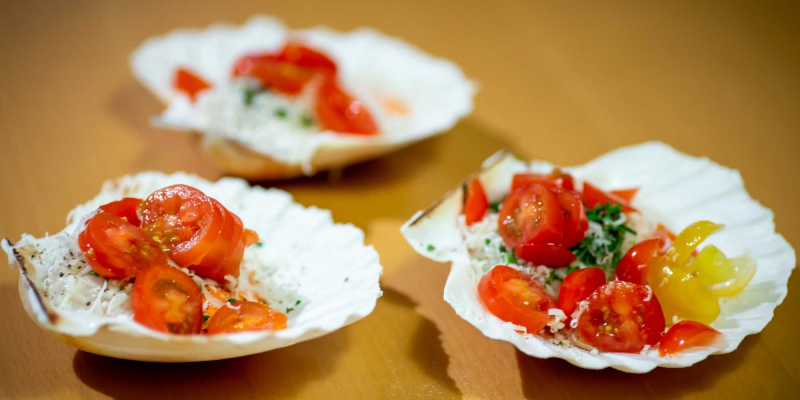
https://www.walkslovenia.com/ 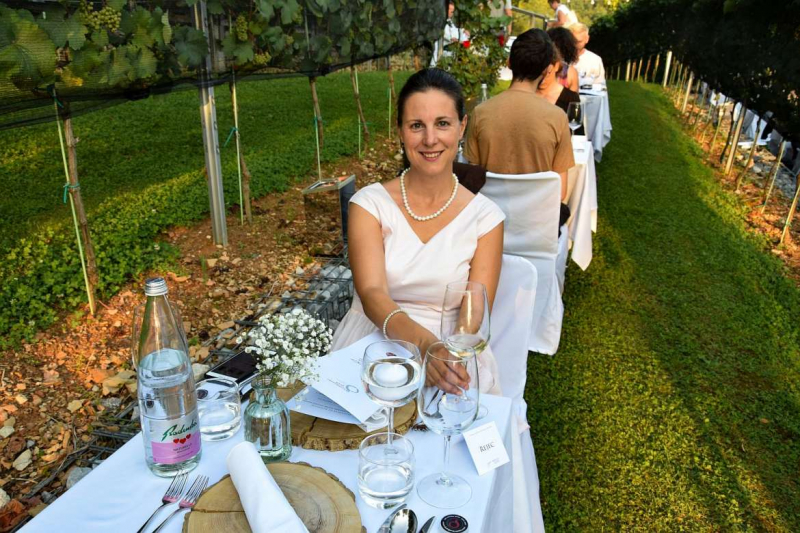
https://www.total-slovenia-news.com/ -
Don't be afraid to chat to Slovenes since they are typically nice and many of them speak English (particularly the younger age). They might be able to assist you. Avoiding misconceptions will be made easier by using simple English. When meeting someone for the first time, it's polite and normal practice to shake hands. Hugging between friends is popular among younger generations. Dober dan, which means "good day," is another typical greeting.
As a general rule, depend on cities for the majority of shopping possibilities, choices in large supermarkets, and other associated companies. Avoid some of the major cities and rely more on the smaller villages with populations under 37,000 for the best interaction with the locals. There are a lot of lovely rural locations as well.
Developing romantic relationships in Slovenia requires careful consideration of the country's dating customs. Locals admire relationships that always get off to a good start. You need to know what to do whether you're looking for temporary companionship or a long-term spouse.
Slovenian dating customs are based on the underlying principles that people adhere to on a daily basis. Being on time is a simple manners that is often appreciated, but you would also like to do more. Several outdated conventions have fallen by the wayside, while others are still in style today.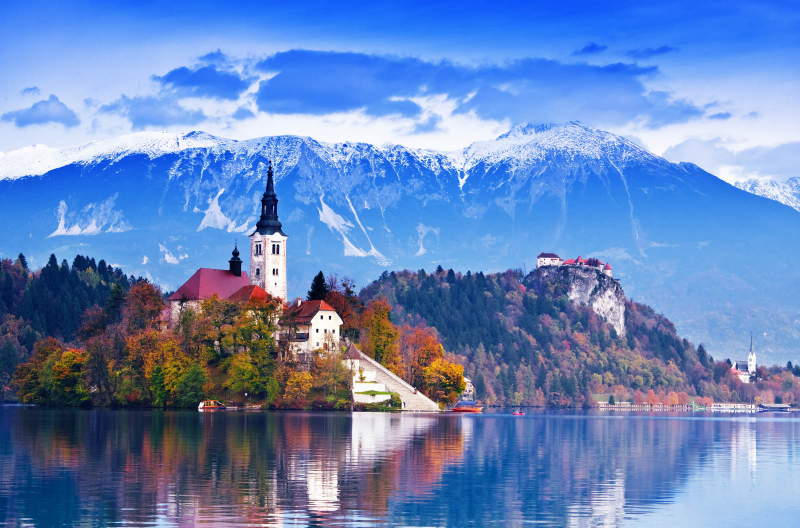
https://www.iexplore.com 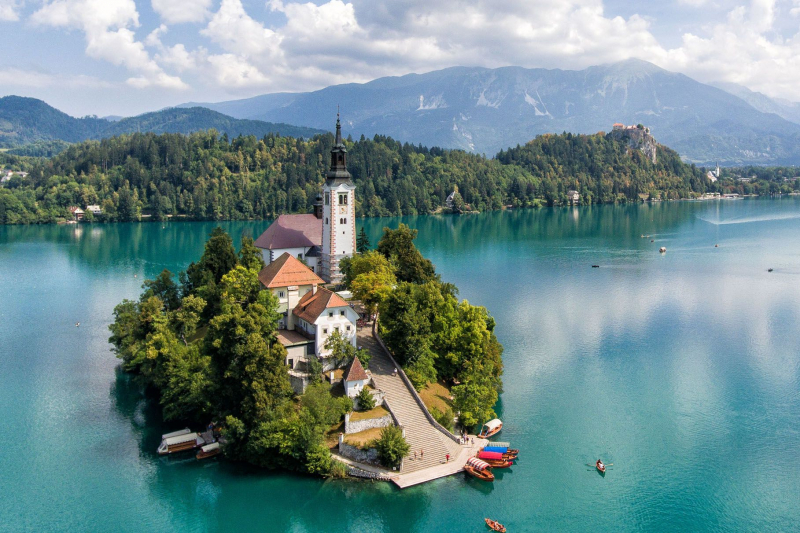
https://www.earthtrekkers.com/ -
Slovenian society is still focused on the extended family despite decades of socialism. Family connections more strictly define rights and obligations than in the West. Although the average age for a first marriage has increased, marriage is considered crucial for sustaining and deepening family relationships. Influences from religion and culture contribute to the low divorce rate.
In cities, the household unit consists of married individuals, their children, if any, and occasionally older relatives. Extensive families live together or share property in rural settings; these families are frequently larger than those found in cities. Inability to care for oneself relatives frequently live with family.
Before the twentieth century, family-based groups known as zadruga shared ownership of property and land farming. The duties and privileges of members of the zadruga were governed by both formal and customary law.
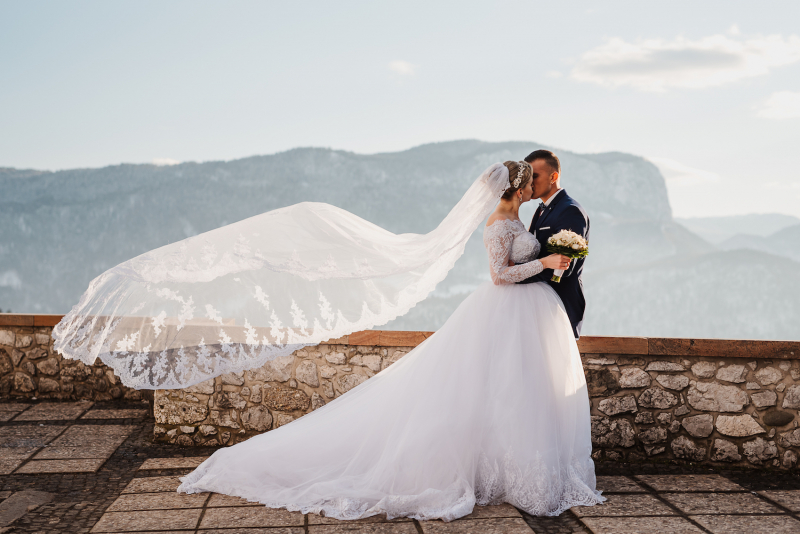
https://wedding-slovenia.com 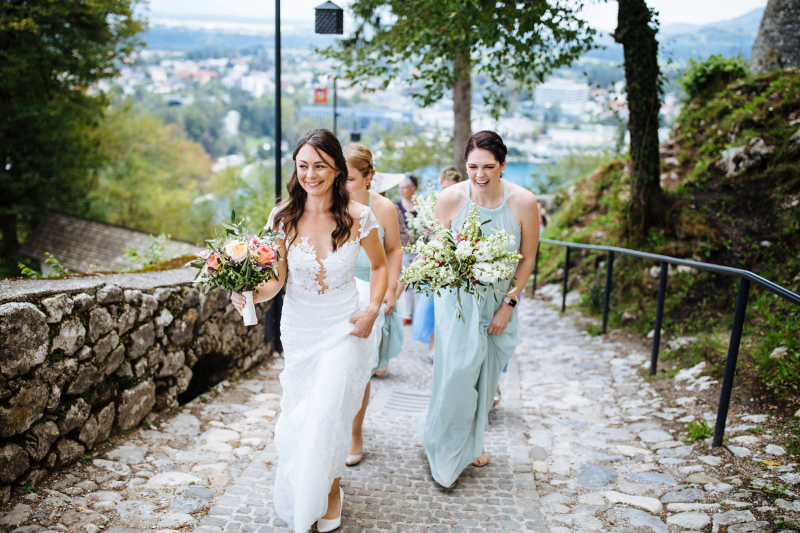
https://lauradebourdephotography.com -
Roman Catholicism has likely had the most impact on Slovene culture of any religion, with a majority of Slovenes, or 71 percent, identifying as such. During the Reformation in the 1500s, Protestantism rose to prominence but later suffered a decline in its adherent population.
Protestants make up 1% of the population, Muslims 1%, and Eastern Orthodox Christians 2% of the total. In Murska Sobota, the majority of Protestants attend the Lutheran church. Slovenia historically had a tiny Jewish community, but they were expelled from the country in the fifteenth century. There is currently not a single functioning Jewish temple in Slovenia, despite the fact that the ruins of a synagogue may still be seen in Maribor. The small Jewish community in Ljubljana occasionally attends services led by the rabbi of Zagreb, Croatia.
There are a number of churches that are regarded as destinations for pilgrimages and settings for spiritual regeneration. A basilica honoring Saint Vid was first built in Brezje in the 1100s. Leopold Layer's paintings decorate the chapel honoring the Virgin Mary that sits in the middle of the church. The Gothic church of Ptujska Gora, built at the end of the fourteenth century and perched on a mountain, is well-known for its exquisite altar.
In the Alps' foothills, at Sveta Gora, lies another pilgrimage church. The main pilgrimage days for all three churches are the feast days of the Virgin Mary. Sticna Monastery and Pleterje Carthusian Monastery are two monasteries that are open to visitors, who frequently come not only for spiritual reflection but also to buy the herbal cures that the monks are renowned for.
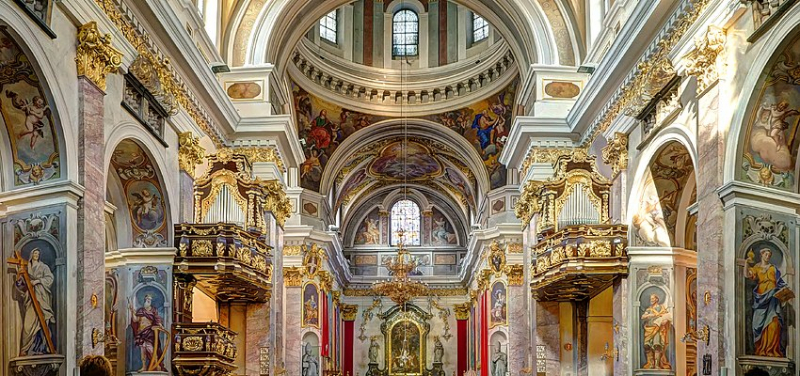
https://www.evaneos.es/ 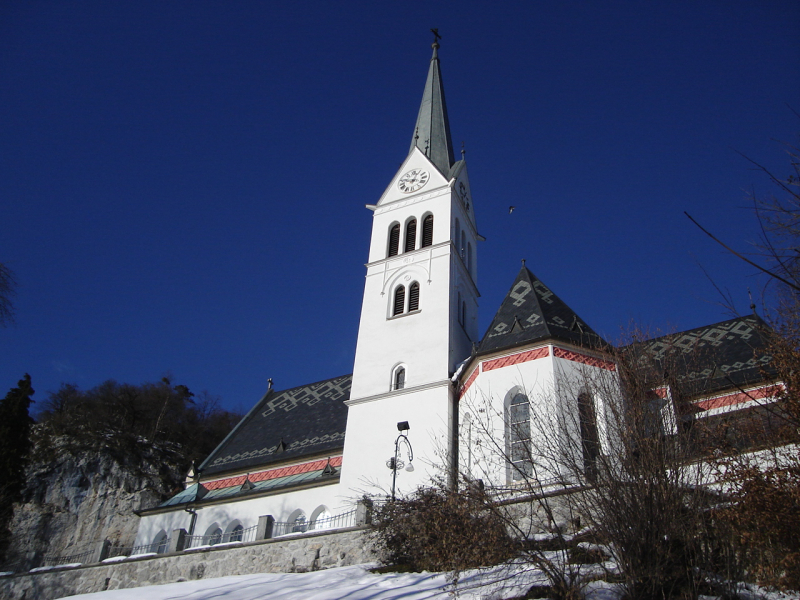
http://arie-travels.blogspot.com





























